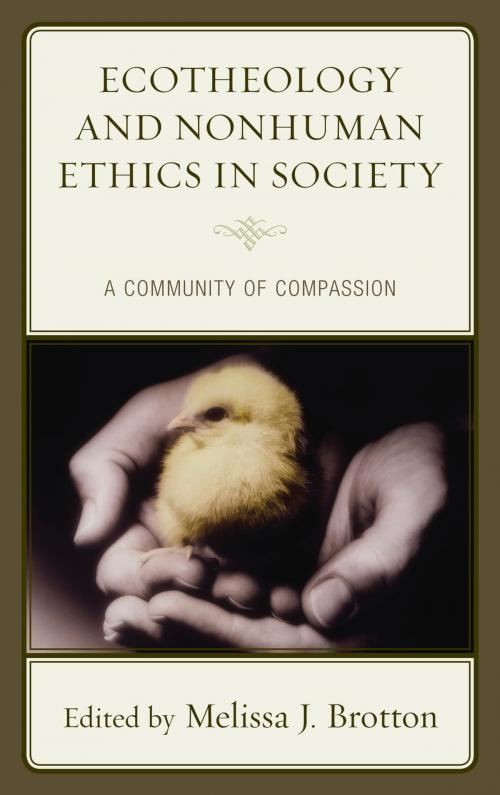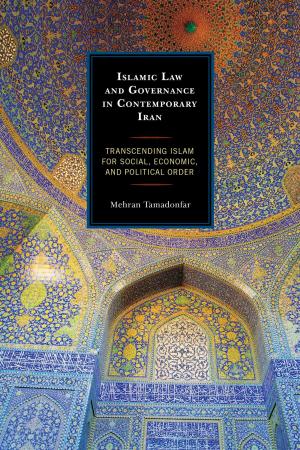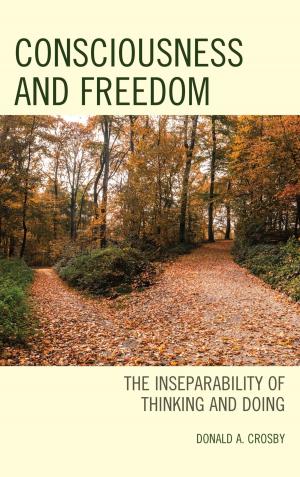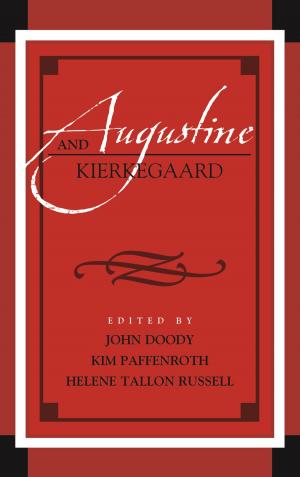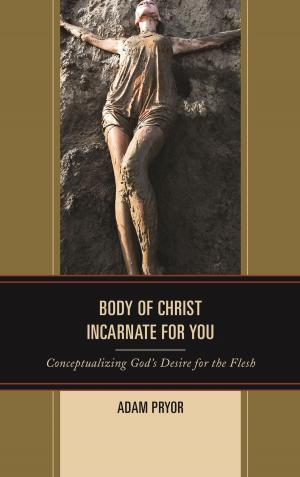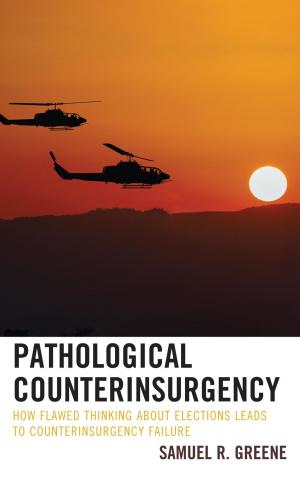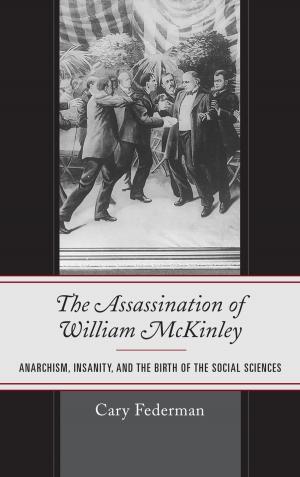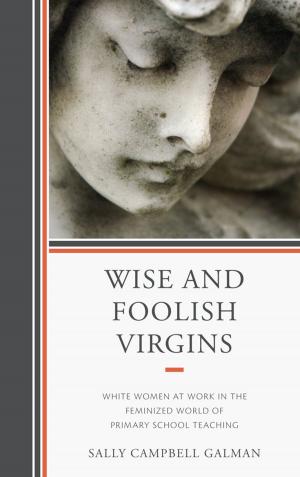Ecotheology and Nonhuman Ethics in Society
A Community of Compassion
Fiction & Literature, Literary Theory & Criticism| Author: | Jerry Cappel, David Clough, Celia Deane-Drummond, Robert Gottfried, Kendra Haloviak Valentine, Perry H. Jones, David Kendall, Jeffrey Alan Lockwood, Mick Pope, Bryan Ness, Andrew R. H. Thompson, Matthew Valdez, Cristina Vanin | ISBN: | 9781498527910 |
| Publisher: | Lexington Books | Publication: | November 30, 2016 |
| Imprint: | Lexington Books | Language: | English |
| Author: | Jerry Cappel, David Clough, Celia Deane-Drummond, Robert Gottfried, Kendra Haloviak Valentine, Perry H. Jones, David Kendall, Jeffrey Alan Lockwood, Mick Pope, Bryan Ness, Andrew R. H. Thompson, Matthew Valdez, Cristina Vanin |
| ISBN: | 9781498527910 |
| Publisher: | Lexington Books |
| Publication: | November 30, 2016 |
| Imprint: | Lexington Books |
| Language: | English |
This book promotes Christian ecology and animal ethics from the perspectives of the Bible, science, and the Judeo-Christian tradition. In an age of climate change, how do we protect species and individual animals? Does it matter how we treat bugs? How does understanding the Trinity and Christ's self-emptying nature help us to be more responsible earth caretakers? What do Christian ethics have to do with hunting? How do the Foxfire books of Southern Appalachia help us to love a place? Does ecology need a place at the pulpit and in hymns? How do Catholic approaches, past and present, help us appreciate and respond to the created world? Finally, how does Jesus respond to humans, nonhumans, and environmental concerns in the Gospel of Mark?
This book promotes Christian ecology and animal ethics from the perspectives of the Bible, science, and the Judeo-Christian tradition. In an age of climate change, how do we protect species and individual animals? Does it matter how we treat bugs? How does understanding the Trinity and Christ's self-emptying nature help us to be more responsible earth caretakers? What do Christian ethics have to do with hunting? How do the Foxfire books of Southern Appalachia help us to love a place? Does ecology need a place at the pulpit and in hymns? How do Catholic approaches, past and present, help us appreciate and respond to the created world? Finally, how does Jesus respond to humans, nonhumans, and environmental concerns in the Gospel of Mark?
